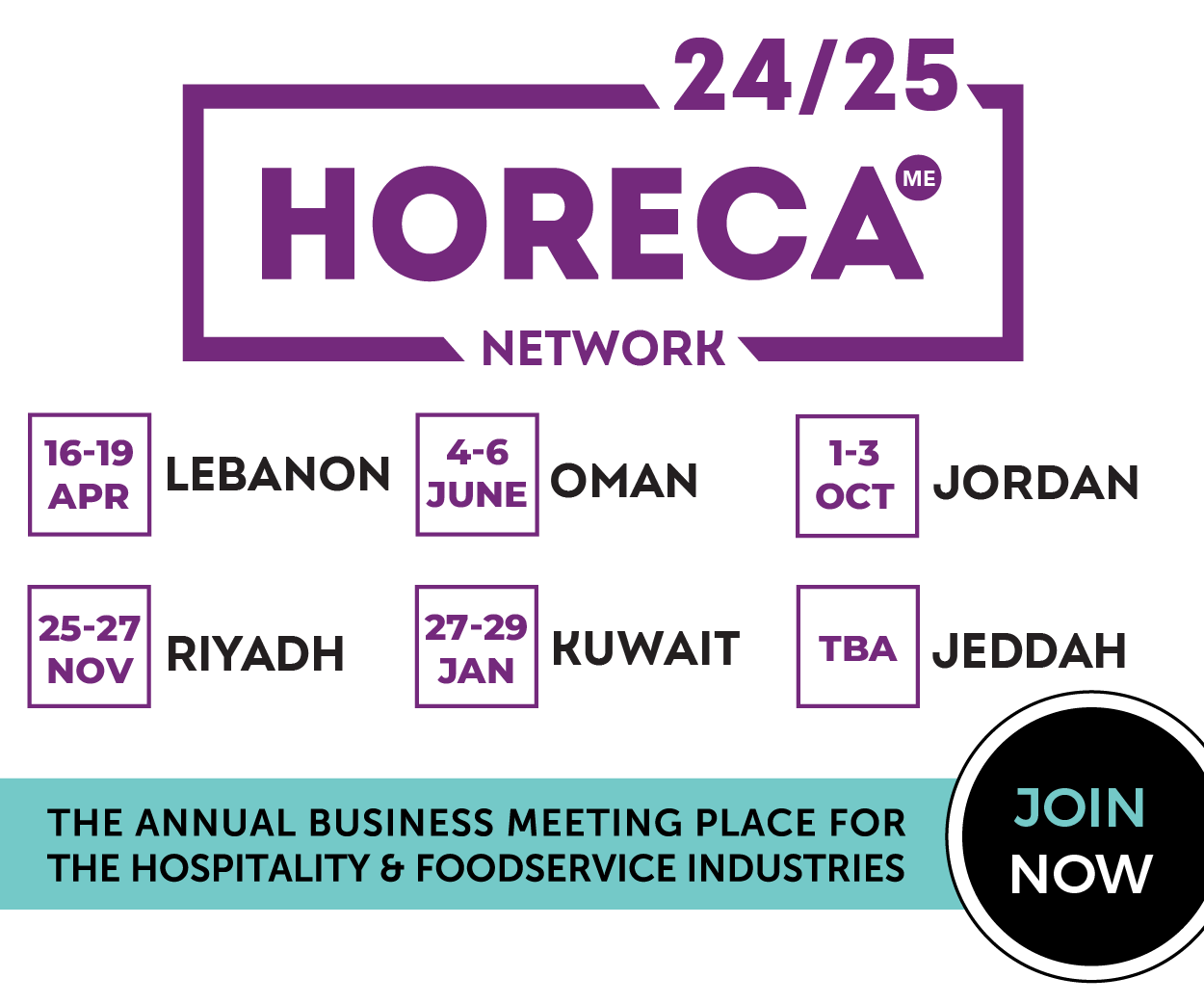< Read Before: The Future of Hospitality Education

Read After: Tapping into the Millenial Mindset >
The world of tourism and hospitality is one of the largest and most dynamic industries in today’s global economy. The tourism and hospitality industries create many employment opportunities in different areas like accommodation, food and beverage, transportation, attractions and sites of interest.Therefore, the availability of skilled and trained manpower is a crucial element to the success of any tourism and hospitality institution. Thus, the role of the hotel schools/universities is important. Accordingly, these educational institutions have to prepare students to be ready to enter the hospitality work market in an efficient way. Unfortunately, this is not the case today. Not all hotel management schools and universities are delivering appropriate curriculums to be in accordance with hospitality manpower’s needs. In fact, there is a huge gap between education and the real workforce. Most of the hospitality institutions would be obliged to train their new employees on the hospitality rules and regulations to be in line with their standards. As a result, the time spent and efforts made by the hotel schools/universities and hospitality institutions are resulting in a better integration into the workplace. Indeed, there is a gap. What hiring managers point out is that hospitality educational institutions are not fully preparing students for the working world and there is nothing filling the teaching gap. Massive educational structures are losing stride with the new work environment, which often lacks the resources to bring new employees up to speed and everyone is paying the price. Bridging the gap between education and workforce through HR could be done in two ways: through either the short-term or the long-term approach.
The short-term approach
The HR teams are forced to train newcomers on the rules and regulations in place at the institutions where they will be working. They are obliged to establish a clear career development plan for each new employee. This could be done through intensive and operational training in the areas where the candidate has unfortunately not been given training at school/college. Far too often we hear about young graduates who leave hotel school unprepared for the challenges of the hospitality profession or are unaware of the opportunities. Nevertheless, both new employees and incumbent workers should be offered the training they need to keep their skills relevant. The training period is costly for the hospitality institutions. It is a real significant investment. Hospitality institutions need to provide adequate training so the new employee can begin work and start producing for the company. Training is known to be one of the costliest investments a company can make. There are hours to be spent on the new employees for the initial job training and it can take a while for the cost to be covered and companies to see a return on their investment. But without employees, not much work gets done. And that is the bottom line for businesses; even though the investment may make the company accountant cringe, the potential in return on a good new hire continues to make the investment worthwhile.
The long-term approach
Through the HR team, this approach should be considered as a national partnership amongst the hotel schools and the hospitality intuitions for a long-term period. The objective of such an approach is to overcome the barriers of the actual gap between education and work. This national partnership is to ensure that young students receive good quality and sustained career education, information and guidance throughout their time at hotel school/university. By engaging with the HR team, they can help school leaders understand the local labor market and make full use of the initiatives and support available to them. The HR professionals, with an understanding of current and future labor market opportunities and challenges, should work closely with schools to map out their approaches to building better career advice and guidance. This cooperation could define the needs of hospitality institutions and how the hotel schools and colleges can react in order to implement new learning techniques that fulfill the needs of the hospitality industry. For instance Sagesse University faculty of hospitality management has created a state-of-the-art academic hotel to ensure its students are ready for the hospitality world taking into consideration the requirements of the industry’s stakeholders. Without a doubt, the HR teams cannot replace hotel schools/colleges. Hotel schools must spur on progress through new programs and restructured educational infrastructures — or remain behind. Traditional education can no longer suffice; it is time to take a new approach in preparing the future workforce.
In fact, as school leaders, it is time for us to revamp the way we teach and learn, and adopt a new system that takes personal needs and sudden developments into account. This is not only for those in colleges; anyone can and should apply to continue a life-long journey of learning based on need and curiosity.
Finally, the solution is not in cutting out the college experience but complementing it. This means supplementing the university experience and reinforcing in-class experiences with third-party courses that are relevant to students’ long-term career goals. Real practical courses and hands-on experiences will be the solutions.
Faculty of Hospitality Management, Sagesse University,
Dr. Tanios Kassis, Dean
















